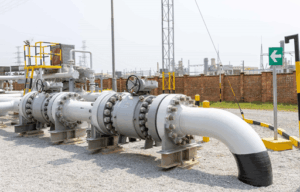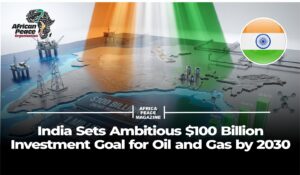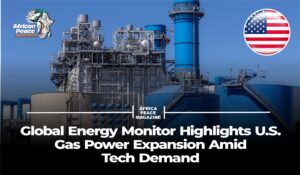West Africa Gas Pipeline Gets Major Efficiency Boost After Stakeholder Summit
Nigeria’s oil and gas sector stakeholders have reached agreement on improving the efficiency of the West African Gas Pipeline Company Limited (WAPCo) following a high-level meeting in Abuja focused on digital transformation, regulatory reforms, and legislative alignment.
The event brought together representatives from federal and state institutions including the Federal Inland Revenue Service, Nigeria Customs Service, Nigeria Immigration Service, NMDPRA, Federal Ministries of Petroleum Resources and Environment, NIWA, LASEPA, OGEPA, traditional leaders, and the Nigerian Navy.
The meeting strengthened cross-border operations along WAPCo’s 691-kilometer pipeline system, which spans Nigeria, Benin, Togo, and Ghana. WAPCo General Counsel Odey Simon Adamade emphasized the company’s founding principles and commitment to served communities, tracing WAPCo’s origins to a 1982 ECOWAS initiative that culminated in the 2003 Treaty establishing the West African Gas Pipeline Project.
“The WAGP system is one of Africa’s most ambitious cross-border energy projects, comprising 691 kilometers of pipeline infrastructure stretching from Nigeria to Ghana,” Adamade noted.
Stakeholders praised WAPCo for its transparency and open communication, which they described as vital for fostering sustainable collaboration. The forum was described as a “comprehensive, cross-functional engagement” involving ministries, private sector actors, traditional authorities, and security agencies.
The WAGP system includes a 569-kilometer offshore segment of 20-inch pipelines, supported by critical infrastructure such as the Lagos Beach Compressor Station, the Tema Regulation and Metering Station, and the Itoki Regulation and Metering Station.
Adamade also provided updates on ongoing legislative amendments to the West African Gas Pipeline Act across member states, aimed at boosting efficiency and long-term viability.
Source: vanguardngr.com





